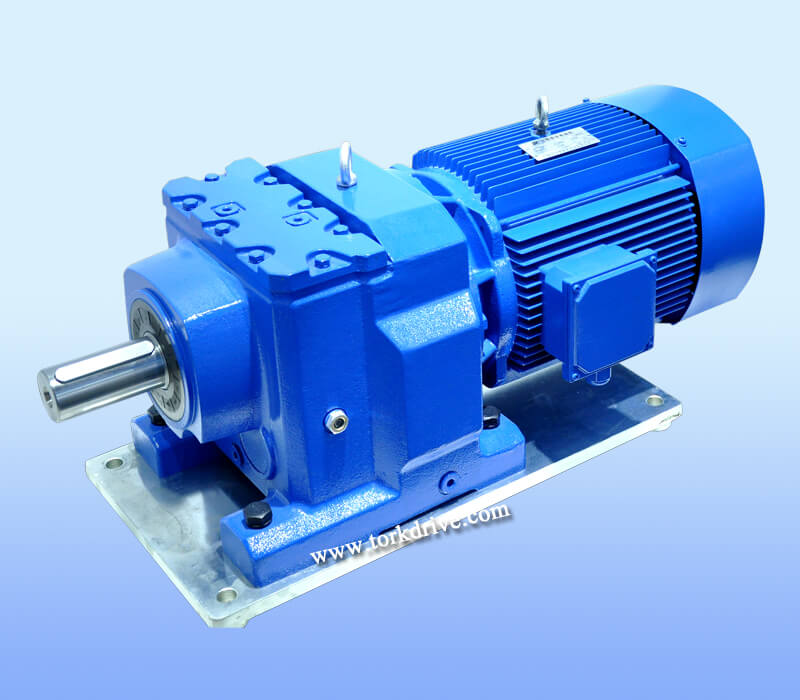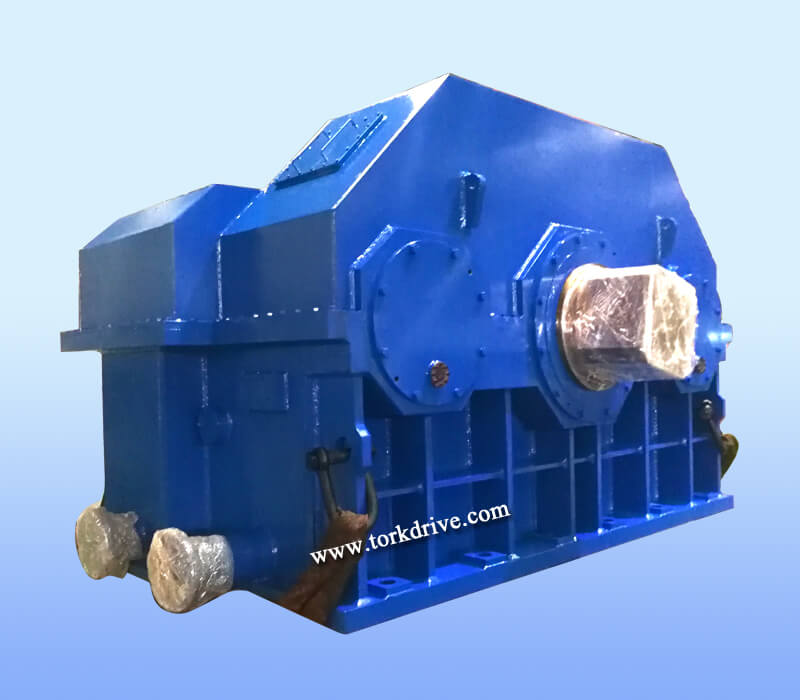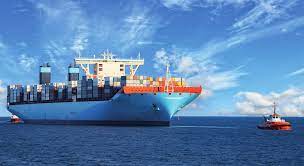How Marine Industry Gearboxes Propel Today's Ships
Mechanical ship propulsion was first introduced in the 19th century. While sails and oars may not have completely disappeared, most modern ships use mechanical systems to provide propulsion. At its most basic, the system is an engine that drives a propeller.
Mechanical ship propulsion was first introduced in the 19th century with marine steam engines, which were replaced by diesel, outboard or gas turbine engines in the 20th century.
The most commonly used engines in modern ships are reciprocating diesel engines. This is because they are:
easy to use
Rugged enough to handle offshore conditions
The engine is connected to a rotating crankshaft which is connected to the propeller through a reduction marine industrial gearbox to allow variable and reverse speeds. The rotational energy provided by the diesel engine is converted into translational motion by the propeller or screw that powers the vessel.
Modern ships are classified into three speed classes based on their maximum revolutions per minute (rpm). Velocity is defined as:
Low speed (up to 300 rpm) allows the engine to be directly connected to the propeller
Medium speed (between 300-1000 rpm)
High speed (1000+ rpm)
Most merchant ships use low or medium speeds, but some smaller vessels may use high speed diesel engines. Modern propellers are most efficient at low speeds; however, vessels capable of high and medium speeds often have one or two (or more) propellers, and multiple engines connected through marine industry gearboxes.
If multiple engines are driven through a single shaft, each engine may have its own clutch. Unused engines can be disconnected from the transmission while other engines continue to run. This allows for maintenance at sea and away from port.
Other types of ship propulsion
Large cargo ships in the ocean filled with containers Various alternative propulsion methods have emerged to help with environmental concerns as well as attempts to design more efficient marine engines. Here are some outstanding works:
Wind propulsion
Surprisingly, wind propulsion has begun to recover somewhat. While it's unlikely to see a full resurgence due to the constant wind required to propel ships, kite wind propulsion could be an option for the future.
Nuclear propulsion
Although naval vessels have used nuclear propulsion for more than 50 years, many civilian ships have not shown much interest in incorporating nuclear power into their ship designs. However, due to rising fuel oil prices, there has been some renewed interest in nuclear propulsion due to lower CO2 emissions and higher cruising speeds compared to conventional engines.
Fuel cell propulsion
Fuel cells use hydrogen as the primary fuel source to generate electricity without any combustion or harmful emissions. This type of propulsion has been seen as an important alternative to diesel engines in the marine industry, with many commercial models in development today.
The Importance of Properly Maintaining Industrial Gearboxes
We understand the importance of regular maintenance of Falk gearboxes for marine and offshore applications. The naturally corrosive environment in which these gearboxes operate means that regular maintenance is key to a successful transportation operation.
Falk Gearboxes offers some of the most rugged industrial gearboxes on the market. Here are some basic tips for maintaining marine industry gearboxes:
Carry out regular maintenance on the gearbox on a regular basis.
Be sure to check the transmission seals for oil leaks, which could be a sign of corrosion.
Look for damage to the gear itself. Having an on-hand resource of spare gearbox parts can help reduce any downtime.
Check the gearbox for overheating.
Always use a lubricant recommended by the manufacturer.
Following these simple tips can help extend the life of any gearbox used in marine and offshore applications. If you need more help maintaining operational efficiency and reducing costs, you might want to speak to one of our experts!
Premium gear reducers for marine and offshore applications
TORKDRIVE supplies industrial gearboxes for various industries including the marine industry.
To learn more or to speak with one of our experts, contact us today.













